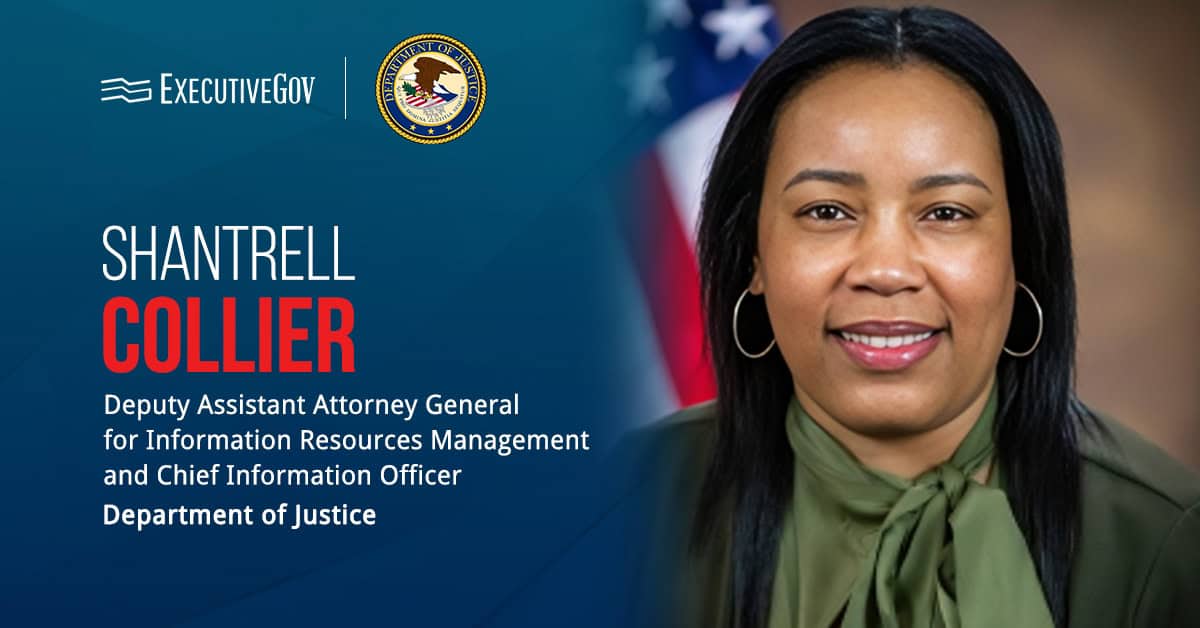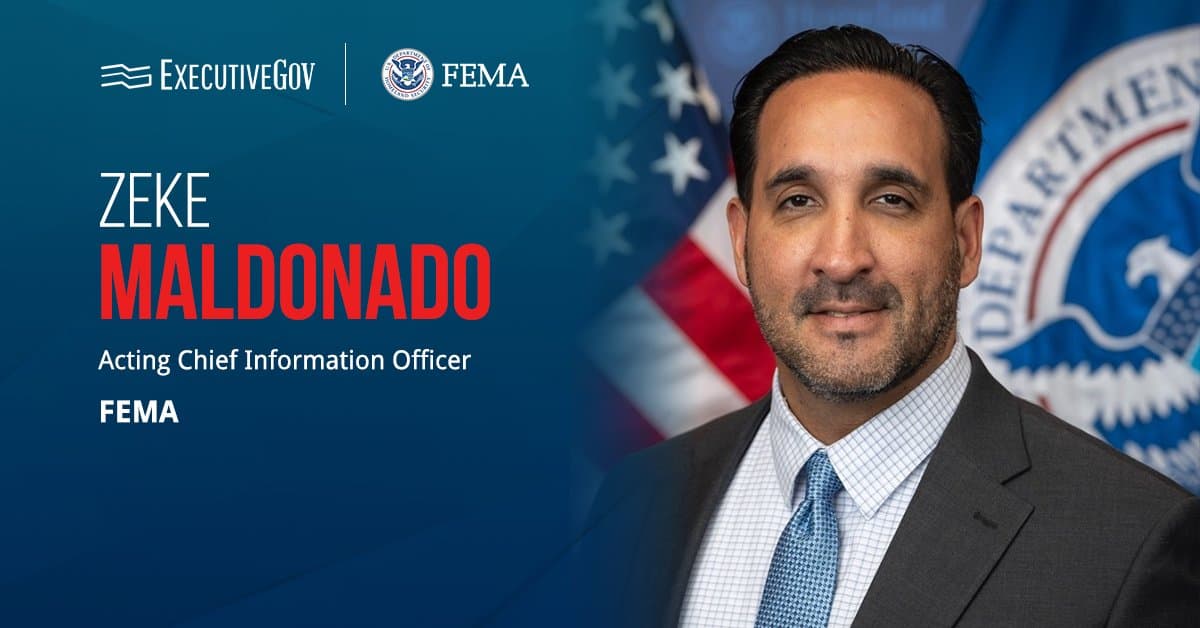
The Department of Energy has awarded almost $300 million in funds to support research projects in sustainable transportation. The three projects support DOE's mission to develop affordable, clean energy alternatives for consumers, the department said Thursday.
“Under this announcement, DOE is focusing our efforts on three areas of transportation to further spur innovative breakthroughs in this sector," said Mark Menezes, undersecretary of energy.
The first funding opportunity announcement, valued at $133 million, focuses on the development of battery, fuel, mobility, engine and other transportation applications with the Vehicles Technologies Office. The second, valued at $64 million, supports the Fuel Cells Technologies Office's efforts to study hydrogen applications. The last, bringing $100 million in funds, would address topics on bio-based energy resources under DOE's Bioenergy Technologies Office.





